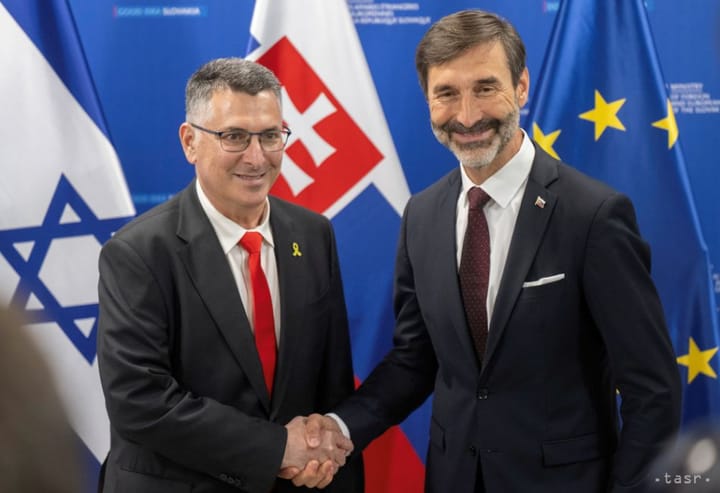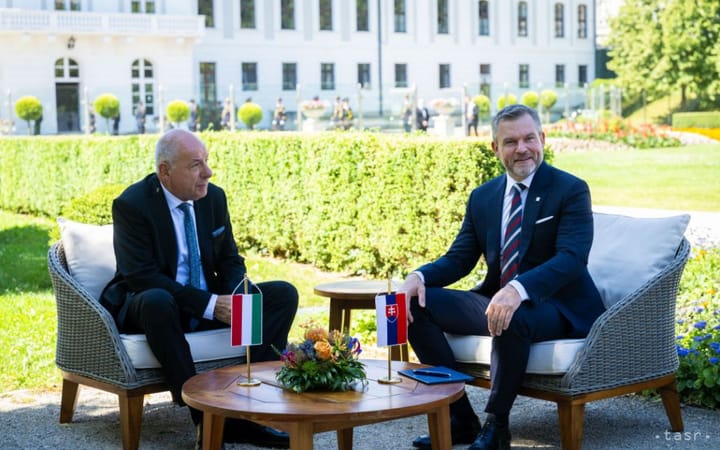Vardakastanis: Disabled Don't Have Equal Access to CoFoE

Brussels, January 11 (TASR-correspondent) – People with disabilities don’t have equal access to the Conference on the Future of Europe (CoFoE), European Disability Forum (EDF) president Yannis Vardakastanis, who is a member of the CoFoE Plenary, has told the Euractiv news outlet.
The third citizens’ panel was dedicated to the issue of health. Its members met last week (January 7-9) in Warsaw to set out their main requirements for the final part of the conference in the categories of climate change, the environment and health.
Vardakastanis stated that this problem makes participation in the CoFoE no different from other activities of the disabled’s day-to-day life: it’s less accessible and largely overlooks their needs.
“There are 100 million people of us in the EU with a disability, and we have a lot to say,” said Vardakastanis. He claims that some disabled people are denied the right to vote (this concerned some 400,000 people in the last EP elections); and they are discriminated against when it comes to employment, education and health care.
“We are affected more by the consequences of climate change, and we are often forced to live in segregated residential institutions with no choice over how we lead our lives. We could raise these issues and many more if only the Conference would fully include us,” he said.
The first step should have been to provide broader and more diverse representation in the citizens’ panels. The Conference organisers claimed that the panels would be representative of Europe’s diversity thanks to random selection. In the end, the method used was to reach out to people by phone, which excluded deaf and hard-of-hearing people who use written communication or sign language, stated Vardakastanis.
“We make up 15 percent of the EU’s population, but the CoFoE doesn’t proportionally reflect this in the citizens’ panels,” he stressed.
According to Vardakastanis, people with disabilities are facing plenty of accessibility barriers, some small, but others quite significant. One example of a small barrier is the CAPTCHA that people must complete to register for a CoFoE meeting. Those who are blind or partially sighted have to ask somebody to help them insert the code.
Bigger accessibility barriers can be found in one of the key tools for the functioning of the CoFoE: its website, the multilingual digital platform, via which any citizen can submit and comment on ideas discussed in the citizens’ panels and the plenary. To help the Conference secretariat and the web team, the European Disability Forum commissioned an accessibility audit from a specialised company to assess and highlight the problems with the platform. This revealed that people using assistive technologies such as screen readers, or those who rely on keyboard navigation because of a motor disability, simply can’t use the website. In addition, some error messages are only displayed with colours, a problem for those with colour blindness. The EDF sent the organisers the technical report, including recommendations on how to resolve the problems back in September, but the reply was that they might be fixed by January, three months before the end of the CoFoE.
The EDF also pointed to the fact that it is hard to follow the debates: public meetings have no live subtitling or sign-language interpreting.
Despite all the difficulties, the European Disability Forum will continue to do its best to bring the voices and ideas of people with disabilities to the heart of the CoFoE, said Vardakastanis.



